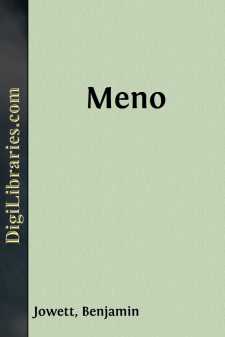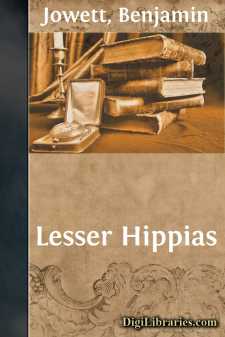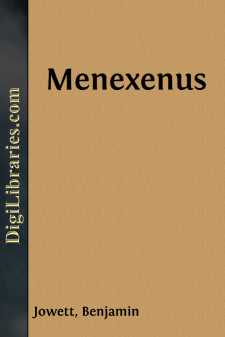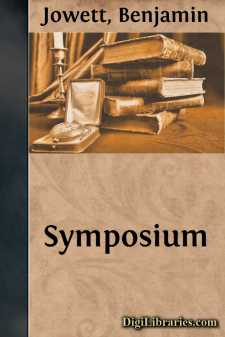Categories
- Antiques & Collectibles 13
- Architecture 36
- Art 48
- Bibles 22
- Biography & Autobiography 815
- Body, Mind & Spirit 144
- Business & Economics 28
- Children's Books 18
- Children's Fiction 14
- Computers 4
- Cooking 94
- Crafts & Hobbies 4
- Drama 346
- Education 58
- Family & Relationships 59
- Fiction 11834
- Games 19
- Gardening 17
- Health & Fitness 34
- History 1378
- House & Home 1
- Humor 147
- Juvenile Fiction 1873
- Juvenile Nonfiction 202
- Language Arts & Disciplines 89
- Law 16
- Literary Collections 686
- Literary Criticism 179
- Mathematics 13
- Medical 41
- Music 40
- Nature 179
- Non-Classifiable 1768
- Performing Arts 7
- Periodicals 1453
- Philosophy 65
- Photography 2
- Poetry 896
- Political Science 203
- Psychology 44
- Reference 154
- Religion 515
- Science 126
- Self-Help 85
- Social Science 82
- Sports & Recreation 34
- Study Aids 3
- Technology & Engineering 59
- Transportation 23
- Travel 463
- True Crime 29
Our website is made possible by displaying online advertisements to our visitors.
Please consider supporting us by disabling your ad blocker.
Gorgias
by: Benjamin Jowett
Description:
Excerpt
INTRODUCTION.
In several of the dialogues of Plato, doubts have arisen among his interpreters as to which of the various subjects discussed in them is the main thesis. The speakers have the freedom of conversation; no severe rules of art restrict them, and sometimes we are inclined to think, with one of the dramatis personae in the Theaetetus, that the digressions have the greater interest. Yet in the most irregular of the dialogues there is also a certain natural growth or unity; the beginning is not forgotten at the end, and numerous allusions and references are interspersed, which form the loose connecting links of the whole. We must not neglect this unity, but neither must we attempt to confine the Platonic dialogue on the Procrustean bed of a single idea. (Compare Introduction to the Phaedrus.)
Two tendencies seem to have beset the interpreters of Plato in this matter. First, they have endeavoured to hang the dialogues upon one another by the slightest threads; and have thus been led to opposite and contradictory assertions respecting their order and sequence. The mantle of Schleiermacher has descended upon his successors, who have applied his method with the most various results. The value and use of the method has been hardly, if at all, examined either by him or them. Secondly, they have extended almost indefinitely the scope of each separate dialogue; in this way they think that they have escaped all difficulties, not seeing that what they have gained in generality they have lost in truth and distinctness. Metaphysical conceptions easily pass into one another; and the simpler notions of antiquity, which we can only realize by an effort, imperceptibly blend with the more familiar theories of modern philosophers. An eye for proportion is needed (his own art of measuring) in the study of Plato, as well as of other great artists. We may hardly admit that the moral antithesis of good and pleasure, or the intellectual antithesis of knowledge and opinion, being and appearance, are never far off in a Platonic discussion. But because they are in the background, we should not bring them into the foreground, or expect to discern them equally in all the dialogues.
There may be some advantage in drawing out a little the main outlines of the building; but the use of this is limited, and may be easily exaggerated. We may give Plato too much system, and alter the natural form and connection of his thoughts. Under the idea that his dialogues are finished works of art, we may find a reason for everything, and lose the highest characteristic of art, which is simplicity. Most great works receive a new light from a new and original mind. But whether these new lights are true or only suggestive, will depend on their agreement with the spirit of Plato, and the amount of direct evidence which can be urged in support of them. When a theory is running away with us, criticism does a friendly office in counselling moderation, and recalling us to the indications of the text.
Like the Phaedrus, the Gorgias has puzzled students of Plato by the appearance of two or more subjects....












